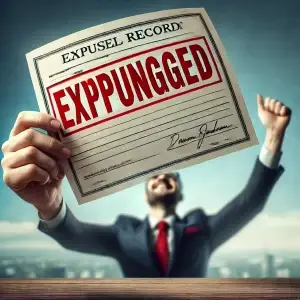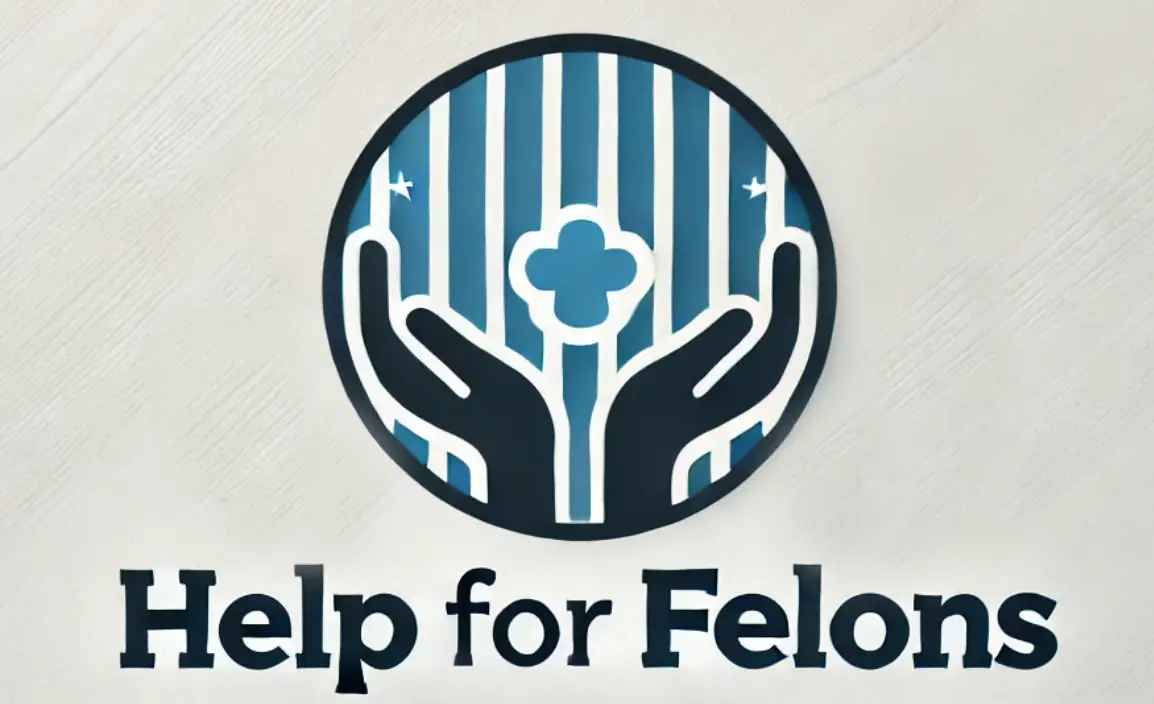Navigating the complexities of the criminal justice system can be daunting, especially when confronted with felony charges in Florida. This comprehensive guide aims to provide clear,![]() actionable information on the nature of felonies in Florida, their associated penalties, and potential paths forward. By understanding these crucial aspects, you can make more informed decisions about your legal situation and future.
actionable information on the nature of felonies in Florida, their associated penalties, and potential paths forward. By understanding these crucial aspects, you can make more informed decisions about your legal situation and future.
Defining Felonies in Florida
In Florida’s legal system, crimes are categorized into two main types: felonies and misdemeanors. Felonies represent the more severe category, carrying harsher penalties and long-lasting consequences. A felony conviction can result in substantial prison time, hefty fines, and a permanent mark on your criminal record, significantly impacting various aspects of your life.
Florida’s Felony Classification System
Florida law recognizes five distinct classifications of felonies, each with its own set of penalties:
- Capital Felonies: The most severe category, encompassing crimes such as first-degree murder. Penalties include life imprisonment without parole or, in some cases, the death penalty.
- Life Felonies: This category includes grave offenses like aggravated sexual assault. Punishments can include life imprisonment and fines up to $15,000.
- First-Degree Felonies: These include serious crimes such as aggravated assault on a law enforcement officer. Penalties can reach up to 30 years in prison and fines up to $10,000.
- Second-Degree Felonies: Offenses in this category, such as selling marijuana to a minor, can result in up to 15 years in prison and fines up to $10,000.
- Third-Degree Felonies: This category includes crimes like grand theft and third-time DUI offenses. Penalties can include up to 5 years in prison and fines up to $5,000.
Common Crimes Classified as Felonies in Florida
Felony charges in Florida encompass a wide range of offenses, including but not limited to:
- Homicide (various degrees)
- Sexual offenses (rape, sexual battery)
- Violent crimes (aggravated assault, aggravated battery)

- Child abuse and neglect
- Domestic violence
- Property crimes (burglary, grand theft)
- Drug trafficking and distribution
- White-collar crimes (fraud, money laundering)
- Weapons offenses
- Human trafficking
- Arson
- Kidnapping and false imprisonment
Distinguishing Felonies from Misdemeanors
While felonies represent more serious offenses, misdemeanors are considered less severe. Florida classifies misdemeanors into two categories:
- First-Degree Misdemeanors: Punishable by up to one year in county jail, probation, and fines up to $1,000.
- Second-Degree Misdemeanors: Carry penalties of up to 60 days in county jail, probation, and fines up to $500.
Understanding this distinction is crucial, as the classification of an offense significantly impacts potential penalties and long-term consequences.
Detailed Penalties for Felonies in Florida
The severity of penalties for felonies in Florida directly correlates with their classification:
- Capital Felonies: Life imprisonment without the possibility of parole or the death penalty.
- Life Felonies: Life imprisonment and fines up to $15,000.
- First-Degree Felonies: Up to 30 years in state prison and fines up to $10,000.
- Second-Degree Felonies: Up to 15 years in state prison and fines up to $10,000.
- Third-Degree Felonies: Up to 5 years in state prison and fines up to $5,000.

It’s important to note that these are maximum penalties, and actual sentences may vary based on individual circumstances, criminal history, and other factors considered by the court.
Statutes of Limitations for Felony Offenses
The statute of limitations defines the timeframe within which legal proceedings must be initiated. In Florida, these time limits vary depending on the severity of the felony:
- Capital Felonies, Life Felonies, and Felonies Resulting in Death: No statute of limitations applies.
- First-Degree Felonies: Must be prosecuted within four years of the offense.
- Other Felonies: Generally have a three-year statute of limitations.
Understanding these time limits is crucial for both the accused and law enforcement, as they directly impact the viability of prosecution.
Long-term Consequences of a Felony Arrest
A felony arrest, even without a conviction, can have far-reaching implications on various aspects of your life:
- Employment Opportunities: Many employers conduct background checks, potentially limiting job prospects.
- Housing: Landlords may be hesitant to rent to individuals with felony records.
- Voting Rights: Felony convictions can result in the temporary or permanent loss of voting rights.
- Education: Difficulties in securing student loans or gaining admission to certain educational institutions.
- Professional Licenses: Challenges in obtaining or maintaining professional licenses in fields such as law, medicine, or education.
- Firearm Ownership: Loss of the right to own or possess firearms.
- Travel Restrictions: Potential limitations on international travel or obtaining passports.

Expungement and Sealing of Felony Records
For those seeking a fresh start, Florida law provides options for expungement or sealing of certain felony records:
- Expungement: This process involves the physical destruction of records, making them inaccessible to the public. However, some government entities may retain limited access.
- Sealing: While not destroyed, sealed records are hidden from public view, offering a degree of privacy.
Eligibility Criteria for Expungement or Sealing
To be considered for expungement or sealing of a felony record in Florida:
- The offense must not be a disqualifying crime (e.g., sexual offenses or certain violent crimes).
- You must not have been adjudicated guilty of the offense or any other criminal offense.
- All sentences, including probation and fines, must be fully completed.
- A waiting period, typically five years after completing all legal obligations, must be observed.
- You must not have any previous record sealings or expungements in Florida or any other state.
The Expungement Process: Step-by-Step
- Determine eligibility: Consult with a qualified attorney to assess your eligibility based on Florida law and your specific circumstances.
- Obtain a Certificate of Eligibility: Apply through the Florida Department of Law Enforcement (FDLE), providing fingerprints, completing the application, and paying the required fee.
- File a Petition with the court: Submit a formal petition to the court, including your Certificate of Eligibility and a sworn statement attesting to your eligibility.

- Court Review and Decision: The court will review your petition and may schedule a hearing. If approved, the court will issue an order to expunge or seal your record.
- Follow-up: Ensure that all relevant agencies comply with the court’s order to expunge or seal your records.
Frequently Asked Questions About Felony Charges in Florida
Q: Can a felony charge be reduced to a misdemeanor? A: Yes, through plea bargaining or based on the specifics of the case, it’s possible for some felony charges to be reduced to misdemeanors.
Q: What distinguishes state felonies from federal felonies? A: State felonies are prosecuted by state authorities and tried in state courts, while federal felonies fall under federal jurisdiction and are prosecuted in federal courts.
Q: How does Florida handle juvenile felony charges? A: The juvenile justice system in Florida emphasizes rehabilitation over punishment for most offenses. However, serious felonies may result in juveniles being tried as adults.
Q: What bail and bond options exist for felony charges? A: Bail and bond options vary based on the severity of the charge, the accused’s criminal history, and flight risk assessment. Options may include cash bail, surety bonds, or pretrial release programs.
Q: Can individuals convicted of felonies in Florida regain their voting rights? A: As of 2018, most individuals with felony convictions can have their voting rights restored upon completion of all terms of their sentence, including parole and probation. However, those convicted of murder or felony sexual offenses are excluded from automatic restoration.
Taking Proactive Steps When Facing Felony Charges
If you find yourself facing felony charges in Florida, taking immediate action is crucial:
- Seek Legal Representation: Contact an experienced criminal defense attorney as soon as possible. They can provide invaluable guidance, protect your rights, and work towards the best possible outcome for your case.
- Understand Your Rights: Familiarize yourself with your legal rights, including the right to remain silent and the right to legal counsel.
- Gather and Preserve Evidence: Collect any evidence that may be relevant to your case, including witness information, documentation, or digital records.
- Comply with Legal Obligations: Adhere to all court orders, attend all required hearings, and fulfill any conditions of release or probation.
- Consider Rehabilitation Programs: If applicable, voluntarily entering substance abuse or mental health programs can demonstrate a commitment to personal improvement.
- Prepare for the Long-term: Begin considering the potential long-term impacts of a felony charge and plan accordingly, including potential career or educational adjustments.
For more comprehensive information and resources, consider consulting the following authoritative sources:
- Florida Department of Law Enforcement
- American Civil Liberties Union of Florida
- Florida Bar Association
Remember, while facing felony charges can be overwhelming, understanding your rights, the legal process and your options is the first step toward navigating this challenging situation and working towards a more positive future. With the right approach and support, it’s possible to overcome these challenges and move forward with your life.
Dan Collins is dedicated to helping ex-felons find new opportunities and start fresh. With a background in legal research, Dan provides practical advice and resources for ex-felons, covering everything from travel to reintegration into society. His work aims to empower and support individuals in creating a better future.

